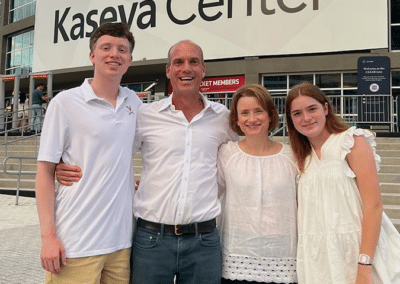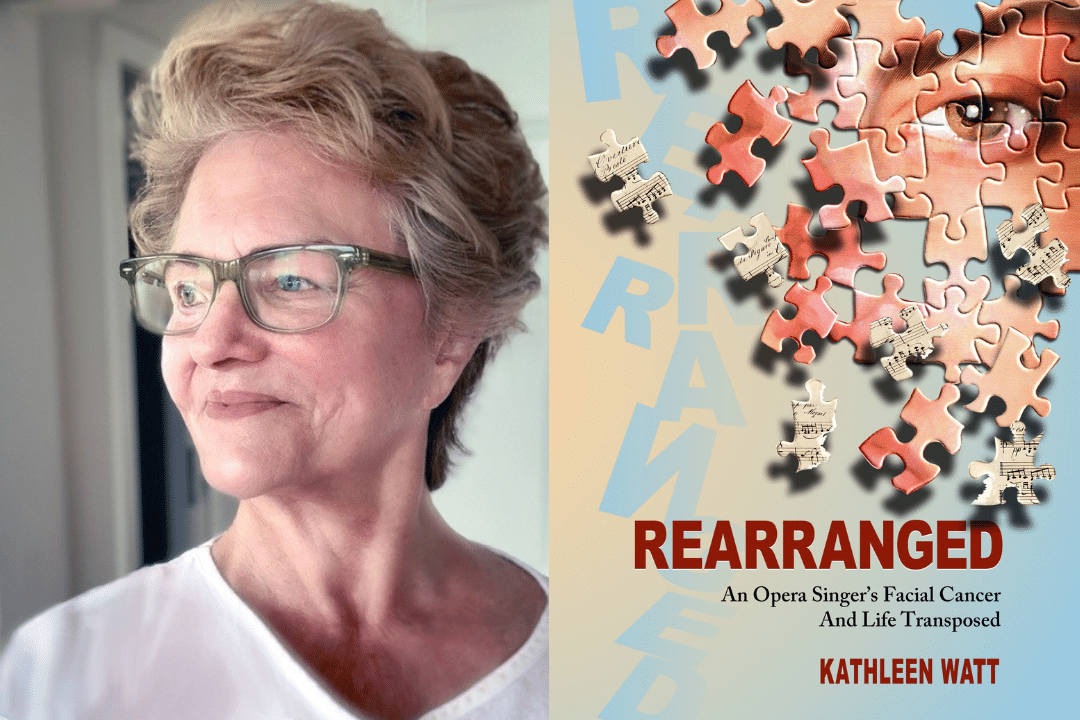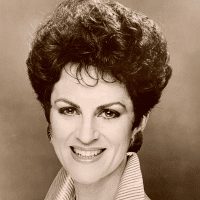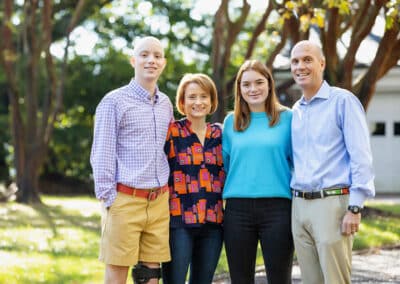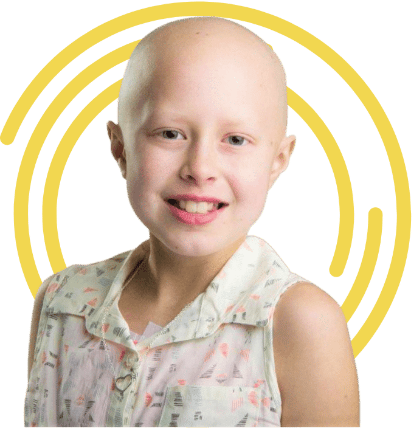What is your advice to other patients with osteosarcoma who are perhaps at the start of their cancer journey?
I found it self-defeating, for me as a patient and for my caregivers too, to emphasize the image of cancer as a superhuman enemy, against whom I should summon up the deadliest weaponry, and my most savage self in a battle to the death. Instead, I agree with Anatole Broyard*, who describes illness as “a delicate situation,” for which anger is “too monolithic”. He calls anxiety “the cancer patient’s worst enemy.” He says that both anger and anxiety are “like a catheter inserted in your soul, draining your spirit.”
Instead, I recommend that you surround yourself with experts who can help you understand your illness, and who know your own input can help them understand it.
My concerns, apprehensions, my preparations for what lay ahead engulfed everyone I knew, and terrified my partner. Your loved ones will wish they could make it go away; they will want to help you, to the best of their ability, from their point of view. And you will need help. But their best intentions will not always align with your actual needs. Remind yourself, and them, that that’s okay.
However long the journey may be for you, it’s made up of steps, sometimes a small step, sometimes a giant leap. Take each one in its turn. One foot after another gets you from here to there.
Osteosarcoma changed the trajectory of my life forever, though we could not know that at the time. Still, I am reluctant to call the experience “catastrophic” because it was unexpectedly rich in so many ways, mostly by remaining “present”, intentionally. And it was life. It was my life. Worth every minute.
And never underestimate the power of humor, wherever you can find it. “A merry heart doeth good like a medicine”,** says the proverb of old, descended through millennia to us as “Laughter is the best medicine”. Now we have science to prove it. Can a good joke cure cancer? No, of course not. But nothing triggers the brain’s healing hormones like joy. More than just a distractor, a clap of laughter naturally stimulates a bolus of endorphins and time-released dopamine, which diffuses throughout the body to strengthen the immune system, boost mood, and actually diminish pain—fortifying the patient to take the next step. And it’s something the patient can do for herself.
*Intoxicated by My Illness, 1992.
**Proverbs 17:22. “…but a broken spirit drieth the bones.” King James Version (KJV).
